Improving Oral Health With Aloe Vera
With a historical reputation in holistic healing, aloe vera is one of the most popular medicinal plants.
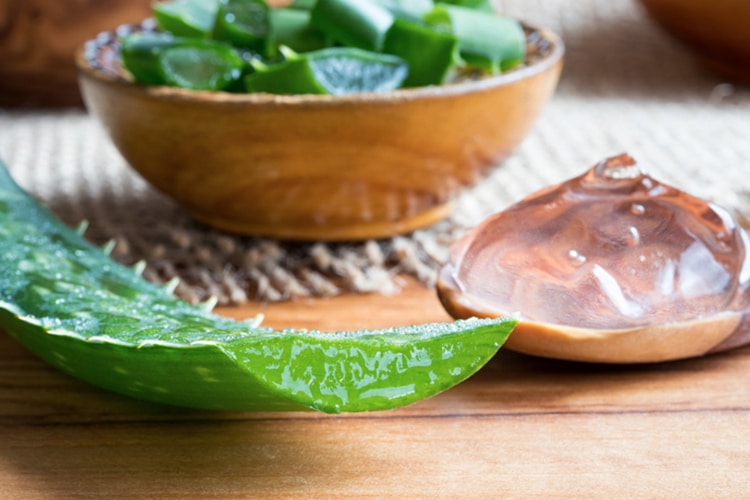
With a historical reputation in holistic healing, aloe vera is one of the most popular medicinal plants. Due to the naturally occurring chemical compounds, it has been shown to demonstrate beneficial inhibitory effects on gram-positive and gram-negative bacteria, such as Staphylococcus aureus, Pseudomonas aeruginosa, and Porphyromonas gingivalis. Besides its antimicrobial effects, aloe vera’s antioxidant and anti-inflammatory action can also aid the healing process following dental treatment.
Photo Credit: Madeleine_Steinbach / iStock / Getty Images Plus
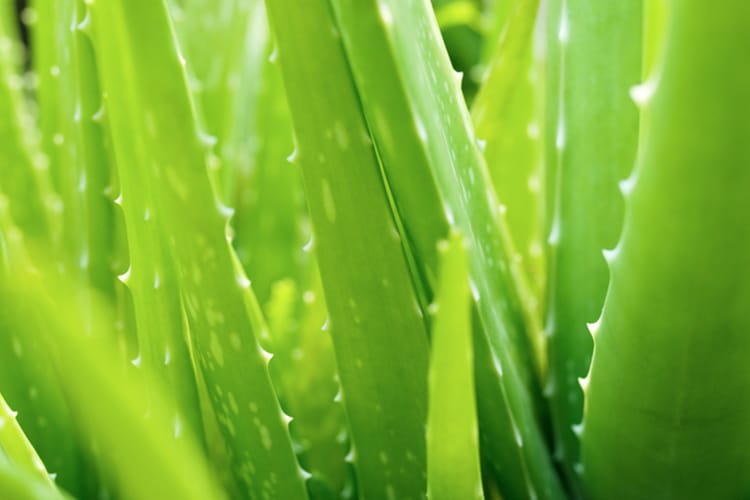
Anti-Inflammatory Properties
The aloe vera plant has been found to contain anti-inflammatory properties. Research shows it inhibits histamine and leukotrienes released by mast cells and can cause macrophages to release nitric oxide and cytokines. It also has been shown to inhibit the cyclooxygenase pathway, which reduces prostaglandin E2 (PGE2) and breaks down bradykinin to decrease pain. There is a reduction of leukocyte adherence and tumor necrosis factor-α (TNF-α), which, in turn, blocks the inflammatory process. Each of the pathways deals with the immune system, which helps explain its method of action. Additionally, the anti-inflammatory fatty acids in aloe vera juice can help with a variety of immune system diseases.
Photo Credit: PraewBlackWhile / iStock / Getty Images Plus
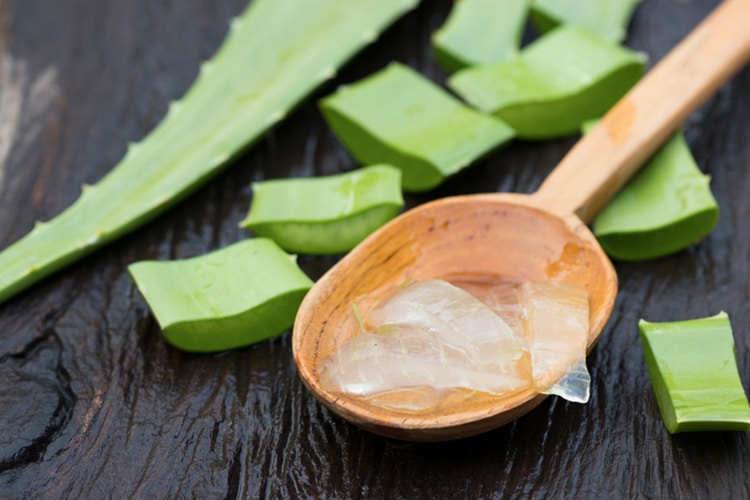
An Antioxidant
The viscous secretion in aloe vera, known as mucilage, contains various vitamins and amino acids. Specifically, vitamins A, C and E are antioxidant compounds that contribute to ridding potentially damaging oxidative agents and carcinogens. Additionally, the mucilage contains antioxidant enzymes, such as glutathione peroxidase and superoxide dismutase, that work to counteract free radicals produced from the site of infection. The plant’s antioxidant properties work synergistically with the anti-inflammatory components to expedite wound healing. Daily consumption of aloe vera gel extract was found to reduce the amount of Lactobacillus spp. and Streptococcus mutans in saliva, which are oral pathogenic bacteria. In addition, the gel extract helps increase plasma total antioxidant capacity, with no clinical adverse effects.
Photo Credit: frank600 / iStock / Getty Images Plus
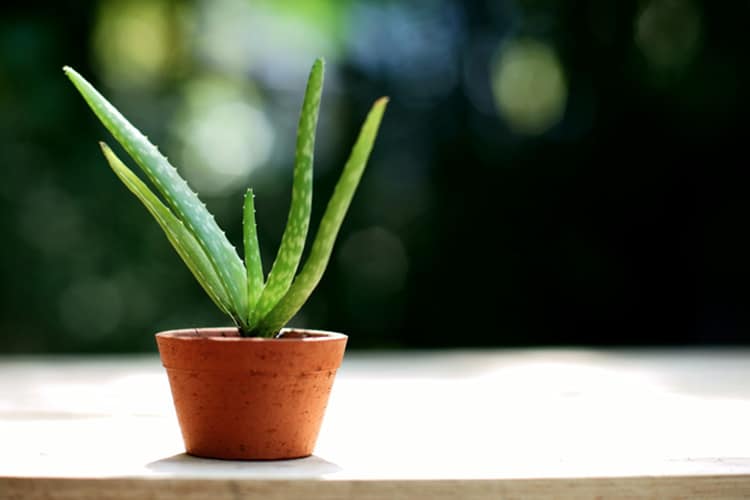
Antimicrobial Effects
The antimicrobial effect of aloe vera is mainly due to the anthraquinones found in the sap, which are associated with inhibiting bacterial protein synthesis. The plant contains an antibacterial agent called acemannan that plays an indirect role in its therapeutic activities through phagocytosis. Studies completed in vitro and in vivo contribute to scientific understanding of how it fights pathogens by reducing secondary infections, increasing the activity of T-lymphocytes, and increasing the activity of macrophages, thus promoting wound healing.
Photo Credit: Sundaemorning / iStock / Getty Images Plus
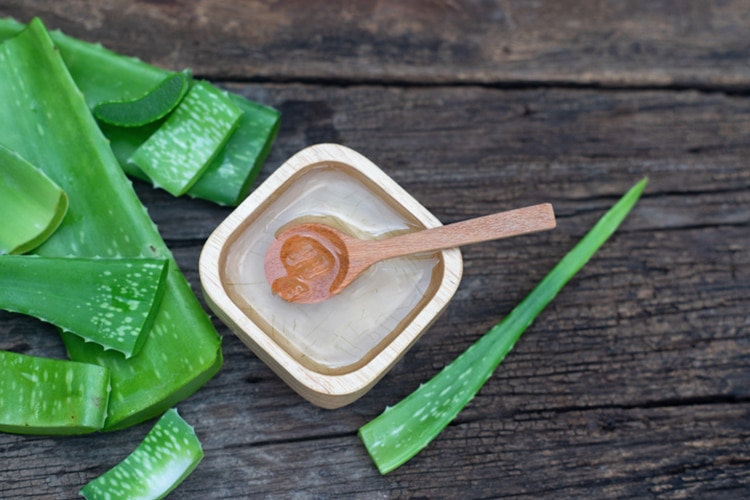
Wound Healing
Aloe vera possesses several beneficial properties, as noted above; together the anti-inflammatory, antioxidant, and antimicrobial properties work simultaneously to aid wound healing. Takzaree et al demonstrated its ability to expedite wound healing. Specifically, this study showed the increase of transforming growth factor-β (TGF- β) gene expression with aloe vera application to wounds on rat subjects. TGF- β is known to be one of the most important factors in wound healing; this is due to the gene stimulating epithelialization and angiogenesis, which is critical to healing. Although the discussion of aloe vera’s wound-healing properties is dependent on this one study and more research is needed, these findings underscore its potential benefits as an alternative therapy in the dental and medical fields.
Photo Credit: Sundaemorning / iStock / Getty Images Plus
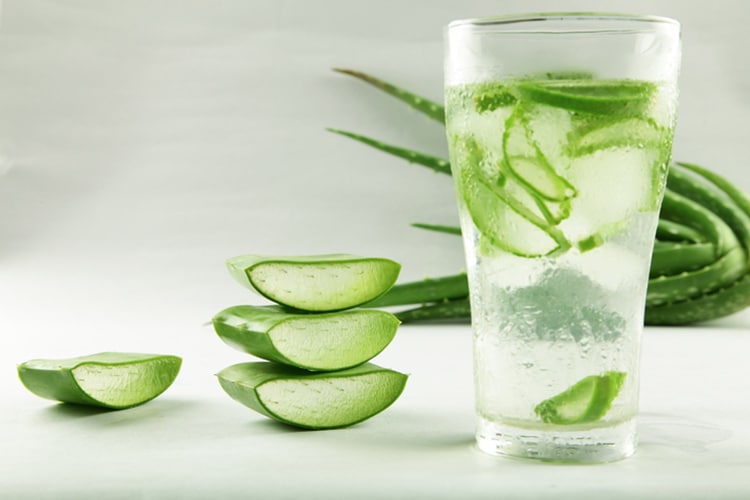
Oral Health Applications
Using aloe vera as an alternative cavity-disinfecting agent may aid in the prevention of secondary caries and contribute to the long-term success of restorative procedures. Recent studies have demonstrated topical use of aloe vera within a periodontal pocket as an adjunct to nonsurgical scaling and root planing is effective in the treatment of periodontal disease. In managing oral lichen planus wounds, aloe vera is inferior to synthetic corticosteroid triamcinolone acetonide (the gold standard), it appears to be a promising aid for oral lichen planus due to its lack of adverse effects or contraindications found with corticosteroids.

